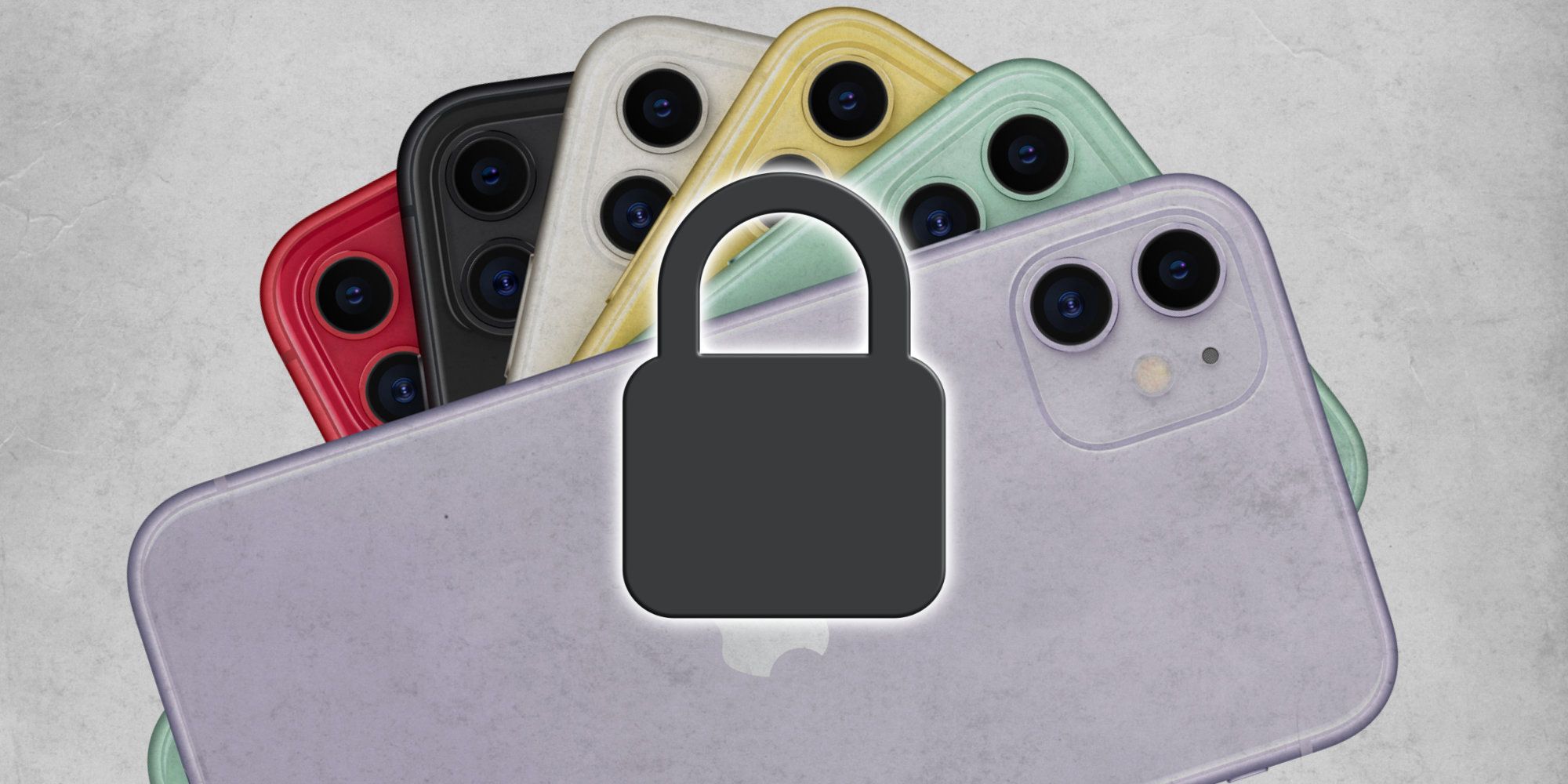The Google Play Store is adopting a privacy policy that draws several parallels to the Privacy Labels that Apple has already introduced to its own App Store. Like Apple, Google isn’t going as far as stopping the collection of data by developers, but the Play Store will soon require full transparency. Once rolled out, this will let users know exactly what they’re in for when deciding whether to download an app.
Apple rolled out its Privacy Labels in the App Store in late 2020, forcing developers to provide a link to their own privacy policy as well as a summary of all the types of data their apps collect. Users could see all of this information in the “What’s New” section on every App Store listing, allowing them to easily find out if apps collect specific data, including user content (such as photos, emails, or text messages), or search history and diagnostic data. Though they don’t necessarily have the power to stop these developers from harvesting this information, the Privacy Labels at least make privacy details available up front, so users can weigh up the cost of downloading the app. Google, meanwhile, has recently moved forward with its plans to remove tracking cookies in its Chrome browser, as it pushes for improved privacy for users. Now, it is following in Apple’s footsteps and turning its sights to app developers.
In an Android Developers post by Suzanne Frey, the vice president of Android Security and Privacy revealed a new safety section in Google Play will go live next year. The section will require developers to disclose what types of data are being collected, and how specifically that data will be used by the third-party. Additionally, Google Play will request developers to reveal whether the app has security practices or data encryption, follows Google’s Families policy, if users have a choice in sharing data, if the app’s safety section is verified by an independent third-party, and whether the app will let users delete data if they uninstall the app. Frey also said that if a developer misrepresents its data collection practices in the Google Play safety section, Google will require the developer to fix the issue and provide accurate information.
What Google Play’s Safety Section Means For Users

Neither Apple’s Privacy Labels nor Google Play’s safety sections are going to completely stop developers from collecting data from the people that use apps, although Apple has already rejected some apps built with invasive tracking tools. As unfortunate as it is, data collection is profitable, and it’s part of why so many apps are offered at no cost to the general public. That’s the current state of having a presence online, and these policies are not going to change that. What Apple and Google are doing, however, is adding a layer of transparency to the transactions made between developers and users. Developers are free to keep their apps on the Google Play Store, as long as they’re following these new guidelines and being up front with users about the data that’s being collected. At the same time, users now have the proper tools at their disposal to see exactly what data will be collected by developers and determine if losing a part of their online privacy is a reasonable trade for the benefits that a particular app provides.
It’s not a foolproof solution to growing concerns about online privacy, but the actions taken by Apple’s App Store, and now the Google Play Store, are certainly progress towards a safer, more trustworthy relationship between two crucial parties in online commerce. That is, the people who make Android and iOS apps and the people who love using them.




